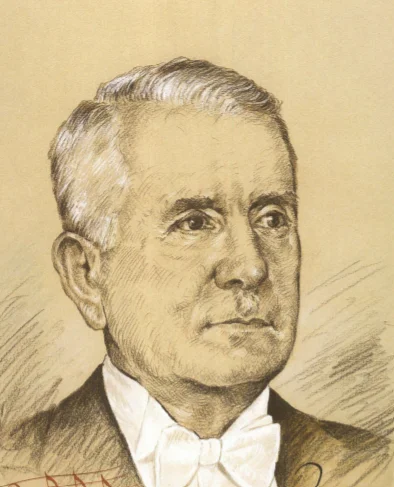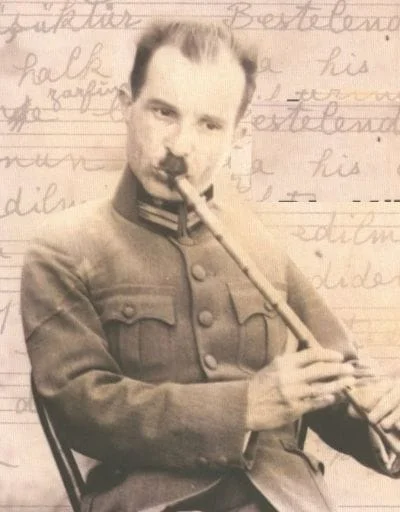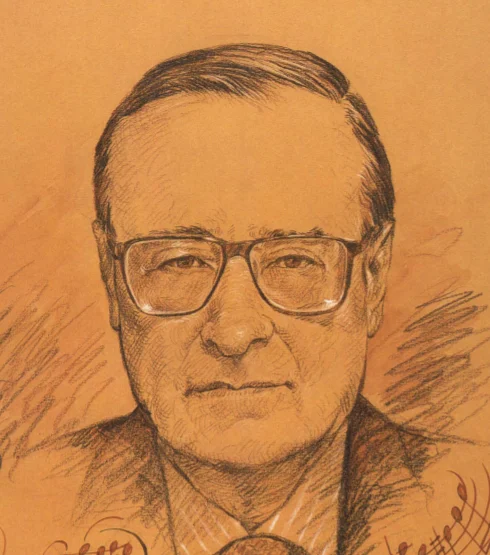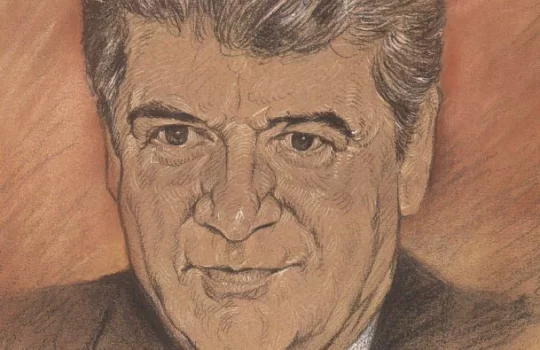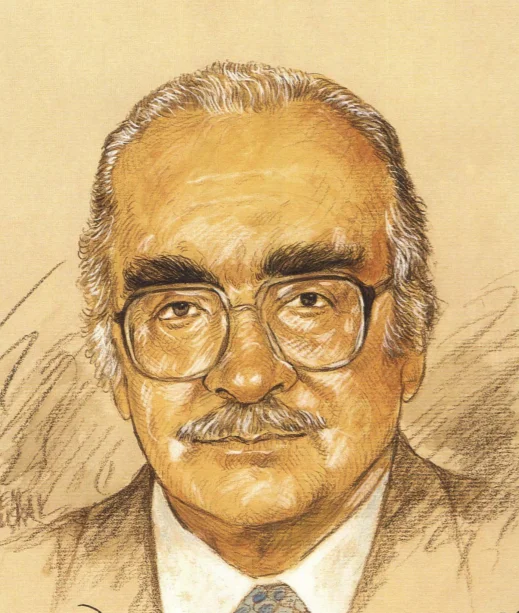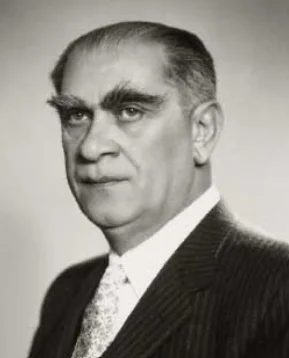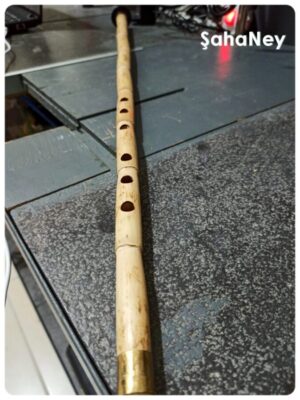He was born in Istanbul in 1882. He graduated from Fatih Military High School in 1896, Kuleli Military High School in 1899 and Military Academy in 1902. After completing War Academy in 1905, he was appointed to Manastır as Staff Captain.
After the Second Constitutional Monarchy, he was appointed as the staff officer of the 3rd Division of 2nd Army in Edirne. He served in the Operations Army during the 31 March Incident (1909). He participated in the Balkan Wars of 1912 and fought in the defense of Edirne. In 1915, he became the chief of staff of German Marshal Von dor Goltz with the rank of colonel and served in Iraq. In 1916 he fought with the British as the commander of the 18th Corps and took Kutü'l Amare. While he was the commander of the 2nd Corps in 1918, he also acted as the commander of the 2nd Army. He took Erzurum and Erzincan from the Armenians. He invaded the regions where the Armenians lived and Iranian Azerbaijan and removed the British from the region. In the same year, he was promoted to the rank of Major General.
After the Armistice of Montrose (1918), he rejected the proposal of Grand Vizier Ahmed Izzet Pasha as the chief of general staff and was appointed Commander of the 15th Corps in Erzurum. He played an important role in the gathering of the Erzurum Congress. Following Mustafa Kemal ATATÜRK's departure from military service, he was with him.
During the War of Independence, he served as the Edirne deputy and the Eastern Front Commander in the Turkish Grand National Assembly. He defeated the Armenians by commanding the operation organized to save Kars and Sarıkamış, which were captured by the Armenians during this duty. Meanwhile, he promoted to the rank of Lieutenant General. He signed the Gyumri Agreement with the Armenians on behalf of the Ankara Government.
After the War of Independence, he was appointed as the First Army Inspector. He entered the Turkish Grand National Assembly in 1923 as the Istanbul deputy. In 1924, he resigned from the Republican People's Party (CHP). Later, Rauf Orbay, Ali Fuat Cebesoy, Cafer Tayyar Eğilmez and he founded Terakkiperver Cumhuriyetçi Fırka (TpCF - a political party). Shortly after, TpCF was accused of being a religious party, and this party's aroused support from the public concerned the leaders. As a matter of fact, TpCF was closed following the 1925 Sheikh Said rebellion.
A lawsuit was filed against him on the grounds that he was involved in the assassination attempt against Atatürk in Izmir in 1926. He was tried at the Independence Court with the demand of death. He was found not guilty at the end of the trial. After this incident, he withdrew from the political scene and rejected his proposal to become a deputy again.
After the death of Atatürk, he took part in politics again and entered the Turkish Grand National Assembly as a deputy for Istanbul in the elections held on January 6, 1939. In 1946 he was elected as the Speaker of the Turkish Grand National Assembly. He died on January 17, 1948.
Kâzım Karabekir generally published books telling his memories of the war and politics years.
- Sırp ve Bulgar Seferleri (1911)
- Ermeni Mezalimi (1918)
- İstiklâl Harbimizin Esasları (1933)
- Cihan Harbine Neden Girdik, Nasıl Girdik (1936)
- Erzincan ve Erzurum’un Kurtuluşu (1939)
- İstiklal Harbimizde Enver Paşa ve İttihat Terakki Fırkası (ÖS. 1960)
- İttihat ve Terakki Cemiyeti (ÖS. 1982)
He conducted studies in a wide area. He was interested in music and composed marches. Some of his works are:

